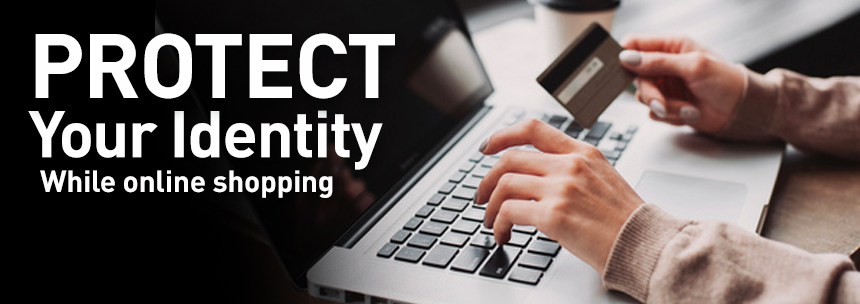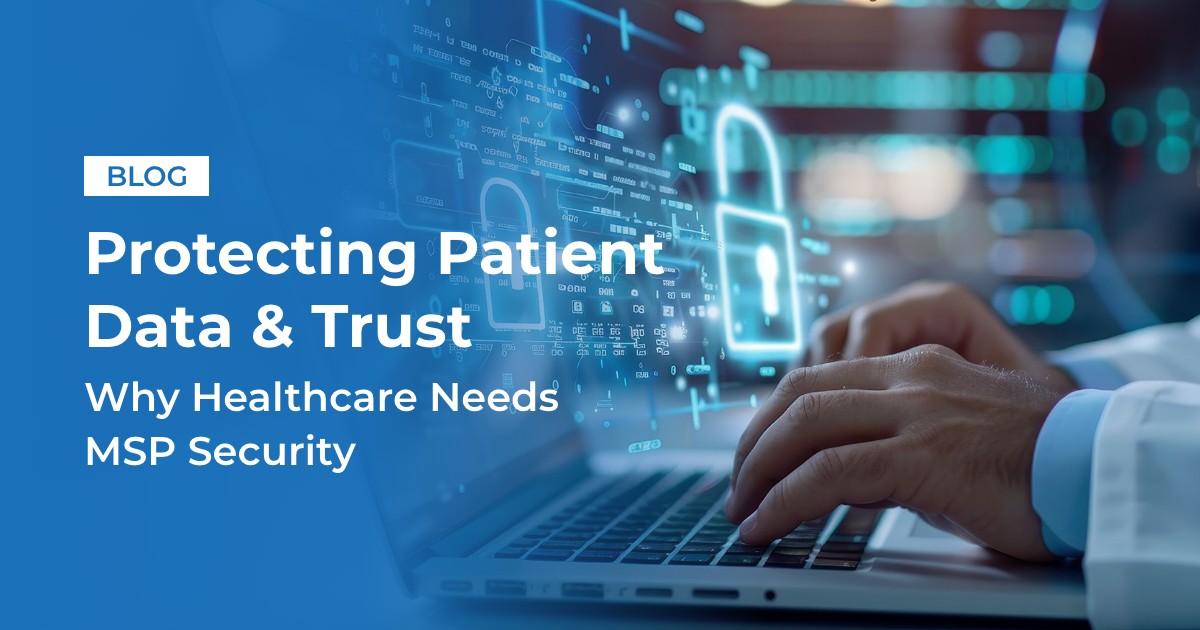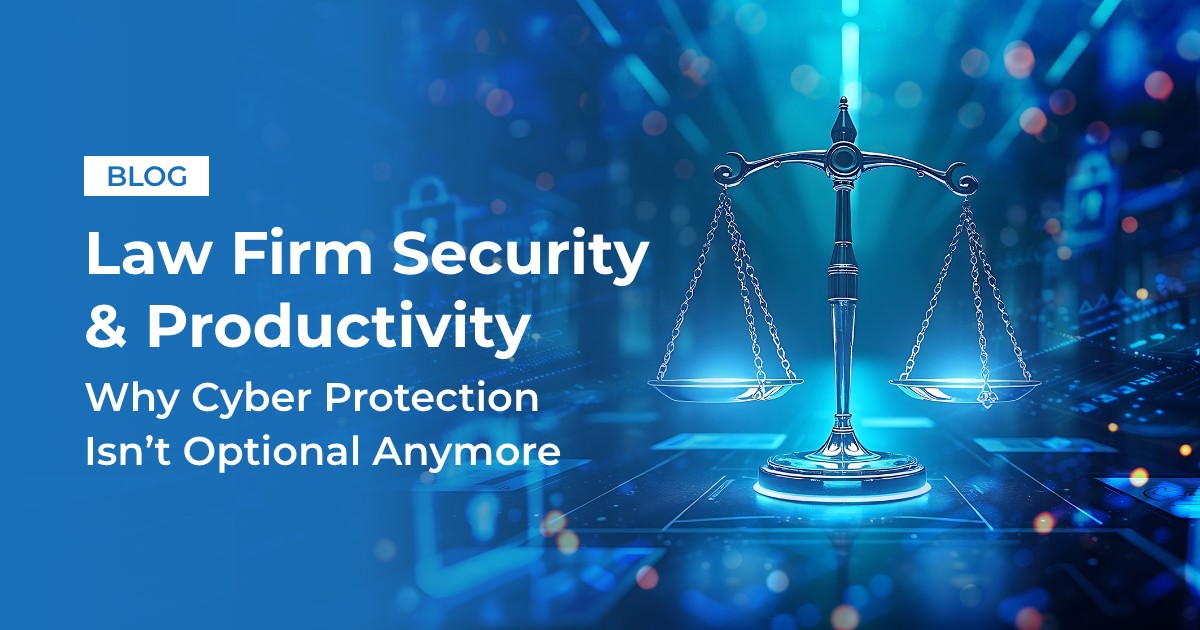As the holidays quickly approach, most likely you’re planning on doing a lot of online shopping. You aren’t alone – last year 85 percent of U.S. consumers planned to shop online for holiday gifts, according to a Nielsen survey.
It couldn’t be easier to get everything you need for the holidays while sitting on the couch – including a stolen identity.
While this might sound dramatic, it is entirely possible if you don’t follow best practices when shopping online. In 2016, the FBI’s Internet Crime Complaint Center received nearly 300,000 online-theft complaints, and victims lost a total of $1.3 billion. Don’t include yourself in that group this year.
You certainly don’t want to spend the new year cleaning up the mess from identity thieves and hackers. Before filling your cart, remember these tips to protect your identity and shop safely online this season.
- Shop from trusted websites
Found a great deal on a product from a company you’ve never heard of that ships directly from China? Don’t buy so fast. You need to look out for websites posing as businesses that exist just to take your credit card info and other data. Aim to only shop online with businesses you trust and have frequented before.
- Do Your Research
If you find a new and exciting site to purchase from, do your research to make sure it’s legit. Do a quick search of “store name + scam” and look for any articles that warn you about that business. Check out their social media pages and look for customer reviews. If you really can’t tell, contact them. If you can’t find their phone number or address, that’s a big red flag.
- Be Wary of Overly Cheap Prices
If something looks too good to be true, it probably is. Don’t be duped by prices that seem incredibly low – it could be a sign that they don’t actually have those products in stock. Look around other sites and make sure the listed price is similar.
- Don’t Shop on Public Wi-Fi
Remember that public Wi-Fi networks, like the ones at coffee shops, use public airwaves. A hacker could easily intercept your online activity and collect personal information and your credit card number. Browse all you want but save the purchase for a secure network.
- Use Strong Passwords
If you have accounts with the companies you shop from, hackers could get into your account and change the shipping address. Remember the best practices for creating strong passwords –
- Use a complex set of letters, numbers, and symbols. The more random-seeming, the better.
- Don’t include personal information, like names of kids, pets or your address.
- Don’t reuse passwords on different sites, even if it’s a secure combination. If one of the companies has a data breach, hackers could get access to your other accounts.
- Make Sure it’s a Secure Website
While shopping online, look for a small lock icon to the left of the URL. That tells you the website has privacy protection installed. The URL will also start with “https,” instead of just “HTTP”. When a site has this protection installed, it masks and transfers the data you share, so you know your credit card info isn’t going to a sketchy database somewhere. If a site doesn’t have these measures in place, be very careful before making a purchase and giving them your credit card information.
- Keep an Eye on Email Scams
You never want to open and click links in emails from unknown senders. Even if it’s a store offering a deal on a product you were interested in. Unless you signed up for emails from that site, or you know exactly what it is, you could risk your security. Hackers might pose as your favorite store, like Best Buy or Target, in an email, then infect your computer with malware and viruses when you click links. If it looks questionable, mark as spam and delete it immediately.
- Use a Credit Card
If someone makes unauthorized charges on your credit card, federal regulations say you won’t have to pay while the card company investigates. Most major credit cards offer $0 liability for fraudulent purchases. You just need to report it as theft within 60 days. Should the worst-case scenario happen, at least you won’t be stuck with the bill.
If you follow these tips, hopefully, your holiday won’t be ruined by a Grinch-like hacker. Remember that these strategies apply all year round, so start practicing now.





